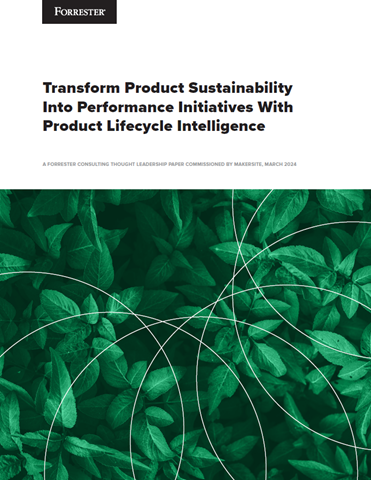Generating leads with quizzes

Daniel Priestley at ScoreApp describes harnessing the power of quizzes to drive customer engagement
Businesses are battling on all fronts. Energy prices remain high, inflation in June was 7.9% up on the year before, so understandably consumers are spending less, and finding talent is a constant struggle.
Amidst all the doom and gloom, however, the Office for National Statistics reveals that business investment increased by 3.3% in Q1, and the primary driver was ICT equipment. It seems that while times are tough, business owners are still prepared to put their faith in technology.
For many of today’s small enterprises and start-ups the focus is on generating leads. So after putting in place the fundamental systems and solutions, the next question is what technology they should use to help them engage with and secure a strong customer base.
Customer acquisition is the lifeblood of all businesses, and usually takes top spot in the list of sales and marketing priorities. But even in the early stages of an organisation, it’s important to target and convert the right kind of customers to suit the business, its services or products and its capacity.
Websites continue to play a vital role for any organisation, big or small. A recent HubSpot report found that only 18% of marketing professionals felt that their outbound lead generation efforts were providing valuable leads. Conversely, web conversions have increased by 11% and inbound leads by 6.6% in the last 12 months.
Modern lead magnets
The trick for startups and small businesses is to turn their websites, often featuring too much static content, into an invaluable tool for engagement and sales.
Websites need lead magnets – mechanisms that usually take the form of downloadable PDFs or email subscriptions – which will secure potential customer contact details. This allows companies to push the lead along the sales funnel towards making an order.
While these mechanisms work, they lack urgency and personalisation. It’s time to look at other lead magnets, like quizzes.
A quiz is usually a short series of questions, often personalised and presented in the form of a scorecard. Participants will receive results from taking the quiz, for example, ‘Take the test to find out how you can live a healthier life – check out your Fit for Life Score’. The results are immediately relevant and specific to the quiz taker.
Because they are not generic, they are more likely to convert prospects into warm leads, and ultimately clients.
Promoting the quiz, or scorecard starts with inviting social media followers, an email list, or readers of paid advertising to take part by clicking on a link which will take them to a box on the home page, or a landing page on the website.
Because they want the value that the quiz has promised, they will share their contact details, and by answering the quiz, deliver a wealth of information relevant to the services or products being offered by the company.
Lead-boosting quizzes
The bespoke but easily created nature of quizzes and scorecards is proving popular with small companies, contractors, consultants and start-ups.
One example is Hannah Power, a personal brand specialist, who assists entrepreneurs in their endeavours to be regarded as leaders in their field and who has written a book on building a powerful personal brand. She wanted to create a strong lead magnet to differentiate herself in the market and loved the idea of enticing people using a scorecard system.
A crucial element of her scorecard was to determine the stage that people had reached in terms of their personal brand development. The responses to this were insightful for Hannah, but they also encouraged participants to delve further into the scorecard quiz so they could see what stages they could aim for next.
Not only did Hannah get 800 leads, she also got a deep understanding of her customers’ needs, preferences and challenges. The impact of this on the service she offers has been hugely valuable to her business and her customers.
Another example is Daniel Wagner, the Communications Director at The Journey, a company that focuses on emotional healing. He used a quiz to ask potential customers visiting the website a set of carefully worded questions so they could assess themselves.
His scorecard Life Wounds and Trauma resonated deeply, allowing The Journey to reach 1,533 people in one month and boost its online business.
No more survey fatigue
Quizzes are being used in many forms and have been instrumental in combatting the survey fatigue that marketing teams have been dealing with for years.
As well as drawing prospects to a website, they can also augment other marketing activities, providing insight to help with building personas, delivering personalised experiences, and connecting customers with targeted content.
If a company is about to introduce a new service, a quiz could be a great way to test market opinion.
What sets a quiz apart is that it focuses not on a generic audience, but the facets that make up individuals. By asking prospects a few simple questions, companies can derive a wealth of information enabling them to deliver a better, more bespoke service.
Daniel Priestley is CEO & Co-Founder at ScoreApp
Main image courtesy of iStockPhoto.com

Business Reporter Team
Most Viewed
23-29 Hendon Lane, London, N3 1RT
23-29 Hendon Lane, London, N3 1RT
020 8349 4363
© 2024, Lyonsdown Limited. Business Reporter® is a registered trademark of Lyonsdown Ltd. VAT registration number: 830519543





